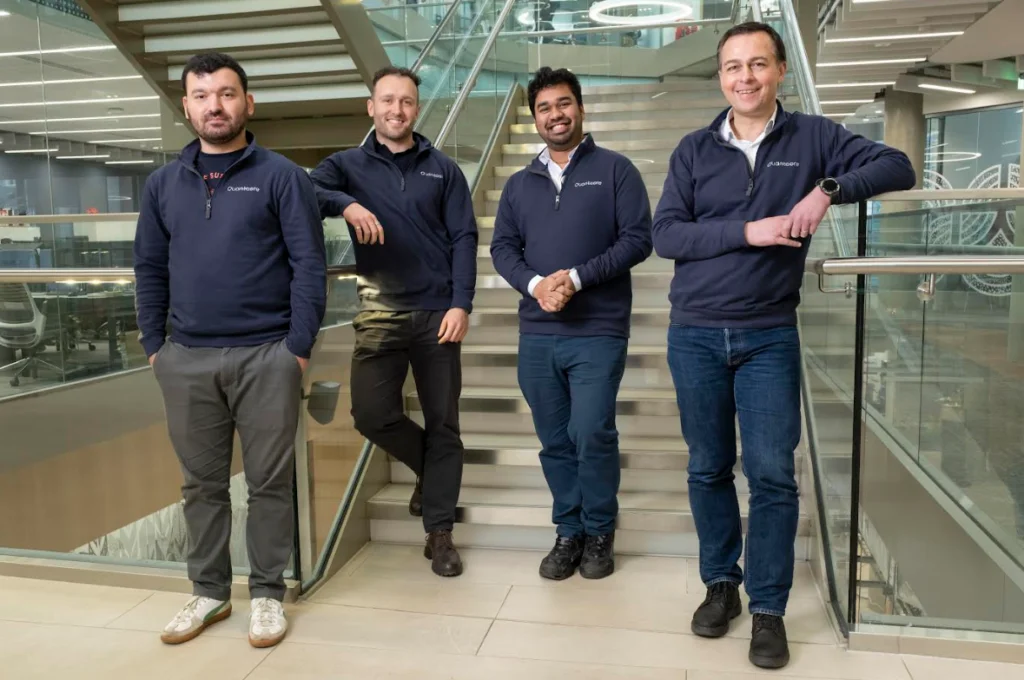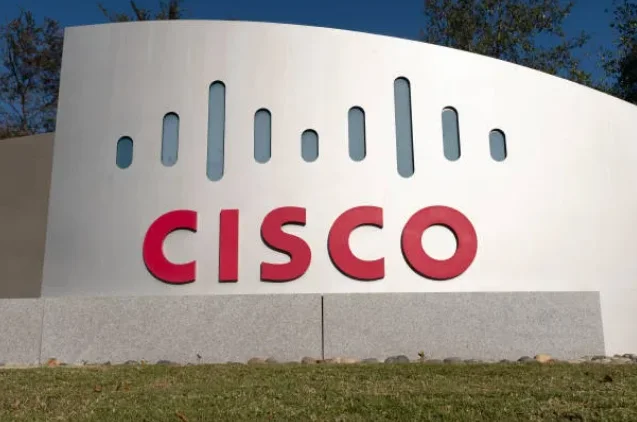Insider Brief
- Cornell researchers designed a quantum-based optimization framework that could reduce energy consumption in large data centers handling artificial intelligence (AI) workload.
- The team said it could reduce those workloads by as much as 12.5% and reduce their carbon emissions by as much as 9.8%.
- The framework integrates variational quantum circuits with classical optimization to enable efficient and uncertainty-aware control of energy systems.
- Image/Story: Cornell
PRESS RELEASE — A new quantum computing-based optimization framework developed at Cornell could reduce energy consumption in large data centers handling artificial intelligence (AI) workloads by as much as 12.5% and reduce their carbon emissions by as much as 9.8%.
Data centers account for more than 1% of the entire world’s electricity consumption, and that percentage is expected to grow rapidly as AI computing becomes more prevalent.
The quantum computing-enabled robust optimization framework, detailed in the journal Advances in Applied Energy, targets this energy challenge by integrating variational quantum circuits with classical optimization to enable efficient and uncertainty-aware control of energy systems, according to Fengqi You, the Roxanne E. and Michael J. Zak Professor in Energy Systems Engineering and co-director of the Cornell University AI for Science Institute (CUAISci), who developed the framework with Akshay Ajagekar, a systems engineering doctoral student.

The quantum computing-based control strategy is designed to address uncertainties associated with weather conditions and renewable energy generation while optimizing energy consumption in AI data centers, said You, who is a senior faculty fellow at the Cornell Atkinson Center for Sustainability.
“By developing quantum computing-based AI methods, we are tackling the pressing energy and climate challenges faced by AI data centers, significantly enhancing their sustainability and efficiency,” You said.
Computational experiments were conducted at various U.S. data centers, demonstrating the framework’s ability to significantly reduce power consumption and carbon emissions associated with AI data center operations.
You directs the Process-Energy-Environmental Systems Engineering Lab at Cornell, which is using quantum computing to address challenges energy, medicine, logistics, manufacturing, and other optimization and machine learning applications. A 2021 study from the lab detailed a quantum-based system for fault diagnosis in electrical power systems. A 2023 study, “Molecular design with automated quantum computing-based deep learning and optimization,” used quantum computer-assisted learning and optimization techniques implemented with near-term quantum-computing devices for molecular property prediction. Such targeted design of molecules has applications across everything from pharmaceutical drug discovery to efficient energy storage devices.
“Quantum AI methods for molecular design highlight the transformative potential of AI for science, driving scientific discoveries, enabling sustainable solutions and fostering new innovations,” You said.
You and his team have filed several U.S. patents based on the lab’s work.














